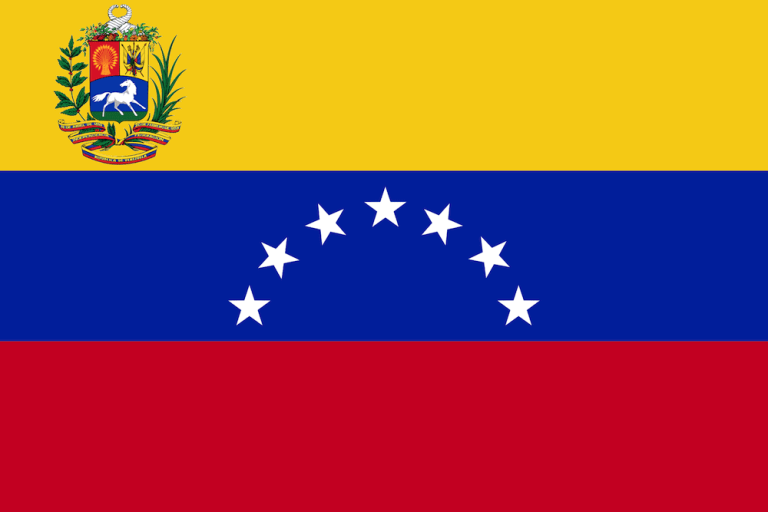Venezuela Considers Russian Payments System As SWIFT Alternative

Sources have revealed that Venezuela might use a Russian-operated international payments messaging system in an effort to get around U.S. sanctions.
The country has reportedly asked for more information from their Russian counterparts as it considers implementing an alternative system in case the country is barred from using SWIFT, which could hurt Venezuela’s already damaged economy.
However, before Venezuela could move its transactions onto the new platform, approval from Russia’s central bank is required.
Bloomberg reported that press officials for the Venezuelan and Russian central banks didn’t immediately comment, while SWIFT declined to comment.
U.S. sanctions against Venezuela have largely isolated the troubled nation from the global financial system, while also damaging financing. As a result, the country has tried to find ways to bypass the sanctions, including the creation of its own cryptocurrency, the Petro. And Venezuela’s President Nicolas Maduro recently ordered the Bank of Venezuela to allow customers to access the digital currency.
“I give the express order for transaction counters for the Petro to be opened in all Bank of Venezuela agencies,” Maduro said in a Tweet earlier this month. He has also ordered that payments for passports should be made in petros, which could be a way to slow down citizens from leaving the troubled country.
But the U.S. Department of the Treasury recently announced sanctions against a Moscow-based bank because it helped finance Petro.
“The illegitimate Maduro regime has profited off of the suffering of the Venezuelan people,” said Treasury Secretary Steven T. Mnuchin at the time. “This action demonstrates that the United States will take action against foreign financial institutions that sustain the illegitimate Maduro regime, and contribute to the economic collapse and humanitarian crisis plaguing the people of Venezuela.”
That led the Treasury’s Office of Foreign Assets Control (OFAC) to add Evrofinance Mosnarbank — which is jointly owned by Russian and Venezuelan state-owned firms — to the Specially Designated Nationals List.